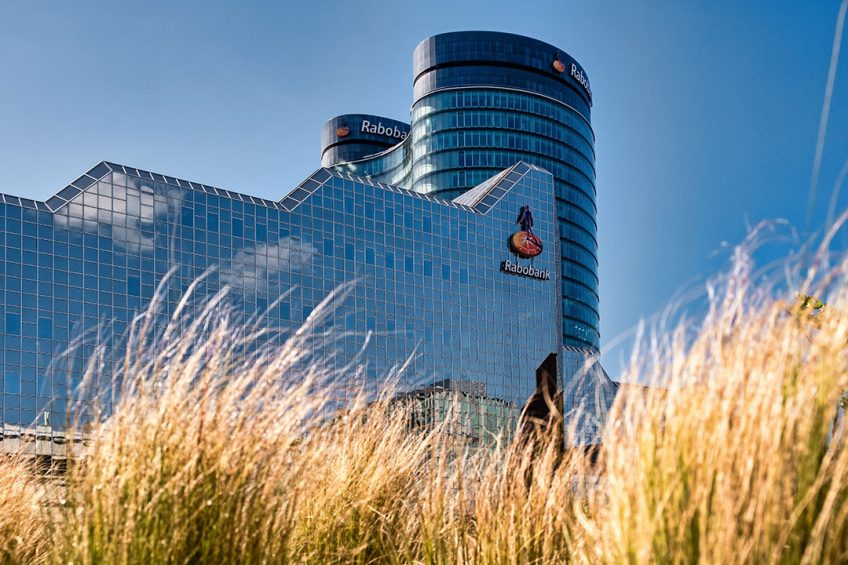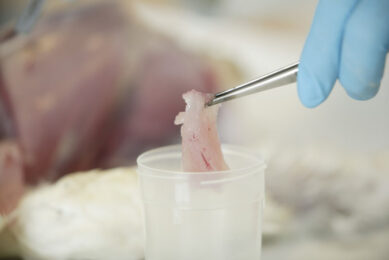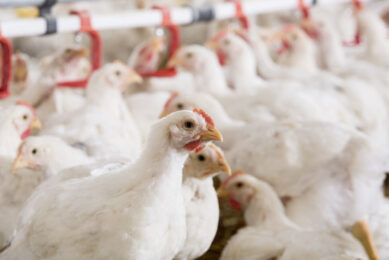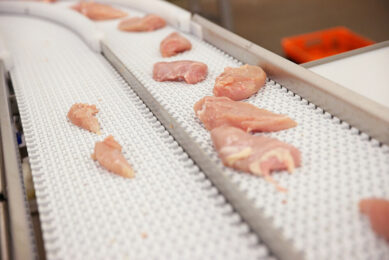Rabobank: Global poultry industry faces “perfect storm”

Global poultry markets face a “perfect storm” of challenging conditions in first half of the year with recovery to follow. The industry should prepare for a tough year by having a very disciplined supply strategy.
A mixture of ongoing disruptions caused by Covid-19, high feed prices, soft economic conditions, problems caused by substantial avian influenza outbreaks this winter, and global oversupply means the industry faces huge challenges. That is the key message from Rabobank’s poultry quarterly report, which suggests that Covid-19 will place ongoing pressure on foodservice and trade, with the consequential slow economic growth leading to more price-driven market conditions. This will come in the context of higher and more volatile feed prices, competitive global poultry trade markets – due to the recovery by China and Vietnam from their African Swine Fever outbreaks – and the significant impact of the current wave of avian influenza in parts of the northern hemisphere.
Europe set to be most affected
Europe is set to be most affected, due to ongoing bird flu outbreaks, rising feed costs and oversupply issues, although there are some early signs of a reduction in supply. China also has big oversupply worries due to a 12% rise in poultry production last year and further growth in 2021, reducing import demand. Prices are expected to be low as a result. Nan-Dirk Mulder, senior analyst – animal protein at Rabobank, said: “This perfect storm will require a very disciplined supply strategy from the poultry industry. As feed costs will be high, focussing on cost control and procurement will be more important than in recent years.
Traders should expect competitive market conditions and seek opportunities in new markets to compensate for the expected lower import volumes into Asia, though the number of import markets is limited as more exporters, such as Russia and Ukraine, have entered global trade.”
Light at the end of the tunnel
There is some light at the end of the tunnel. Stronger control over the spread of Covid-19 in the second half of the year, as mass vaccination takes place, should lead to a gradual recovery of foodservice markets, which will help global traders. But before recovery takes place, big stock levels need to be unwound, and this process will, for example, delay the recovery of the global breast meat market, argues Rabobank.












